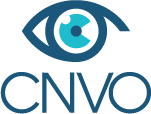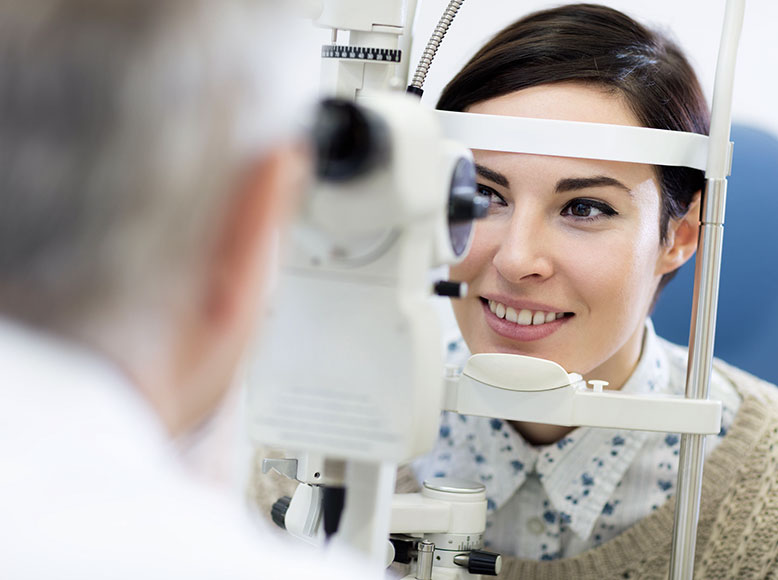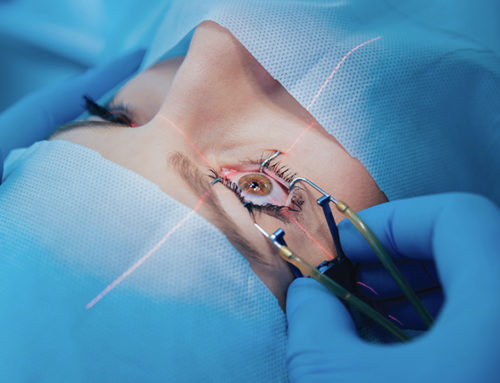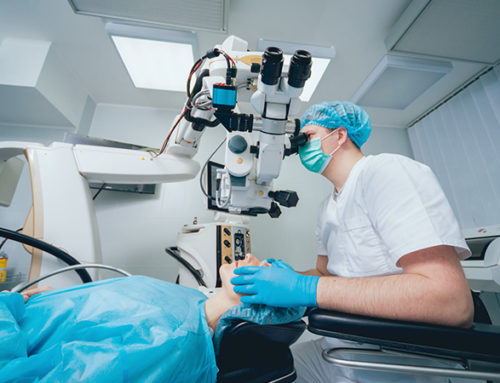Visiting an ophthalmologist is an important step in the health of your eyes. If you live in Neuchâtel, you are fortunate to have a wide range of eye care professionals available to you. In this article, we'll take a closer look at what you can expect from an ophthalmologist consultation in Neuchatel and why it's important to take care of your eyes.
1 - What is an ophthalmology consultation?
First of all, it is important to understand that a consultation with an ophthalmologist is different from that with an optician.
An optician is there to help you choose glasses or contact lenses, while an ophthalmologist is a doctor who specializes in vision problems.
During your first visit to an ophthalmologist, you will go through a series of tests to assess your vision and eye health.
2 - How does an ophthalmology consultation take place?
The ophthalmologist will begin by asking you questions about your medical history and any problems you have with your eyes. It is important to answer all the questions the ophthalmologist asks honestly, as this will help him or her to properly assess your eye health.
Next, he will examine your eyes with a slit lamp to check the surface of your eyes and the health of your eyelids. He or she may also use a tonometer to measure the pressure inside your eyes and check for signs of glaucoma.
Next, the ophthalmologist will perform a series of vision tests to assess the quality of your vision. These tests may include a refraction test to determine if you need glasses or contact lenses, as well as tests to assess your field of vision and visual acuity. It is important to prepare for these tests by wearing the contact lenses or glasses you normally use to see.
If the ophthalmologist finds problems, he or she may recommend treatments or medications to improve your vision or treat eye health problems. If necessary, he or she may also refer you to a specialist for further testing or surgery. It is important to follow the eye doctor's recommendations to prevent the progression of eye problems.
In addition to vision tests, the ophthalmologist may also perform examinations to detect other general health problems, such as diabetes or high blood pressure, that may affect the health of your eyes. These tests can help identify potential health problems before they become serious.
3 - Why should I consult an ophthalmologist in Neuchâtel?
It is recommended that you see an eye doctor every two years, even if you don't have vision problems. Regular eye exams with an ophthalmologist can help detect eye health problems before they become serious, which can help you maintain good vision in the long term. Also, if you have a family history of eye health problems, it's important to see an eye doctor more frequently.
If you live in Neuchatel, you are fortunate to have a wide range of eye care professionals available to you. Neuchatel ophthalmologists are highly trained and use the latest technology to assess your vision and eye health. It's important to choose a trusted and knowledgeable ophthalmologist to ensure that you receive the best possible care.

4 - How to get eye surgery?
Eye surgery has evolved considerably in recent years. Today, it is used to correct visual defects such as myopia, hyperopia, astigmatism and presbyopia. The main techniques used are laser refractive surgery. Lasik, PkR, Femtosecond, cataract surgery and intraocular implants.
To have eye surgery, it is important to consult an ophthalmologist who will perform a complete assessment to evaluate the visual defect and the feasibility of the surgery. The surgeon ophthalmologist will then be able to propose the most appropriate technique for each case. Laser refractive surgery is a technique that corrects the refraction of the eye.
It consists in using a laser to sculpt the cornea and thus modify its curvature. This procedure is performed under local anesthesia and is generally painless. The patient can go home the same day and regain normal visual acuity within a few days. Side effects are rare but may include temporary visual halos or blurring. For cataract cases, surgery consists of removing the clouded lens and replacing it with an intraocular implant.
5 - Which ophthalmologist should I consult in Neuchâtel?
If you are looking to consult an ophthalmologist in Neuchâtel or Yverdon, you have several options available to you. Ophthalmologists can provide a variety of services from consultations and examinations to surgical procedures. Within this specialty, there are sub-specialties such as pediatric ophthalmology, refractive surgery and retinal pathology.
The most common eye conditions are nearsightedness, farsightedness, astigmatism, presbyopia, glaucoma, age-related macular degeneration (AMD), retinal detachment and cataracts. If you have diabetes, it is important to see an ophthalmologist regularly to monitor the condition of your diabetic retinopathy.
In conclusion, when looking for an ophthalmologist in Neuchâtel or Yverdon, it is important to consider the nature of your pathology, your needs and your budget. Ophthalmologists are health professionals specializing in ocular pathologies who can offer a variety of services ranging from examinations and consultations to surgical procedures.
It is important to make sure that the ophthalmologist is licensed and registered with the appropriate authorities, and that he or she has the necessary equipment to treat your condition.
Appointment with an ophthalmologist in Yverdon
Visiting an ophthalmologist is an important step in keeping your eyes healthy. Regular checkups with an eye doctor can help detect eye health problems before they become serious, which can help you maintain good vision in the long run. It's important to take care of your eyes and see an eye doctor regularly to prevent eye health problems.
At the CNVO located in Yverdon, you are advised by a medical team, from the beginning of the consultations to the follow-up after the intervention according to the most current scientific ophthalmological knowledge.
Our aim is to provide you with a specific response adapted as closely as possible to your eye problem. The centre is also able to treat ophthalmological emergencies and has a dedicated operating theatre for surgical procedures. We offer an adapted care to our patients.






